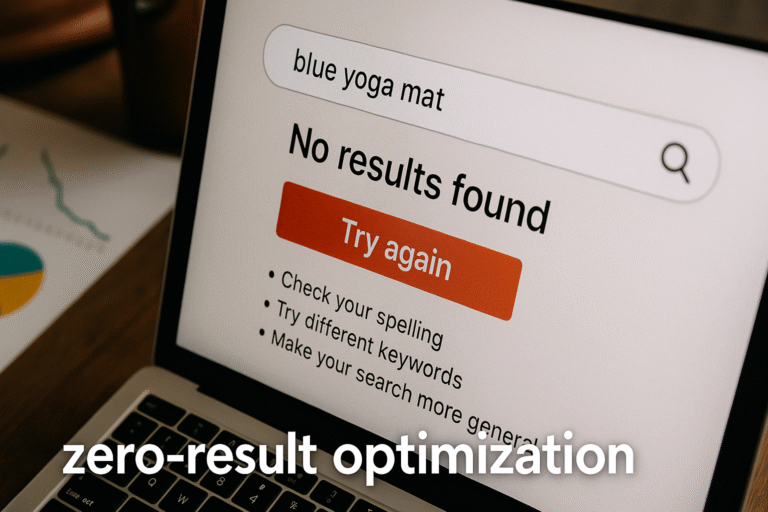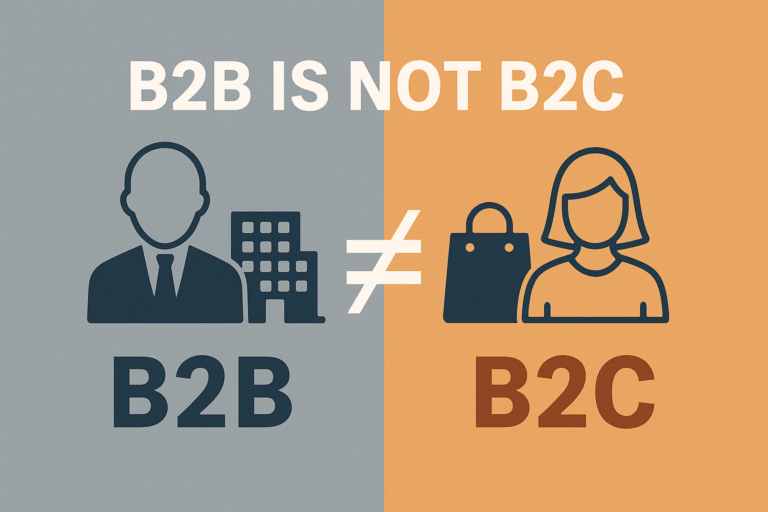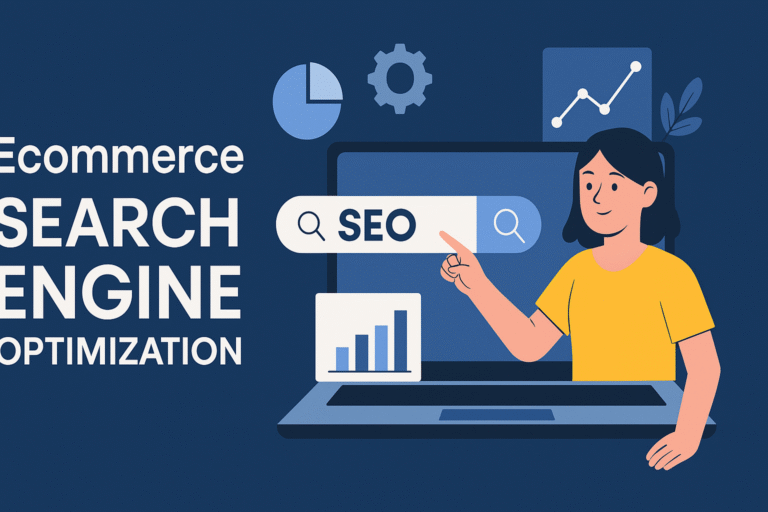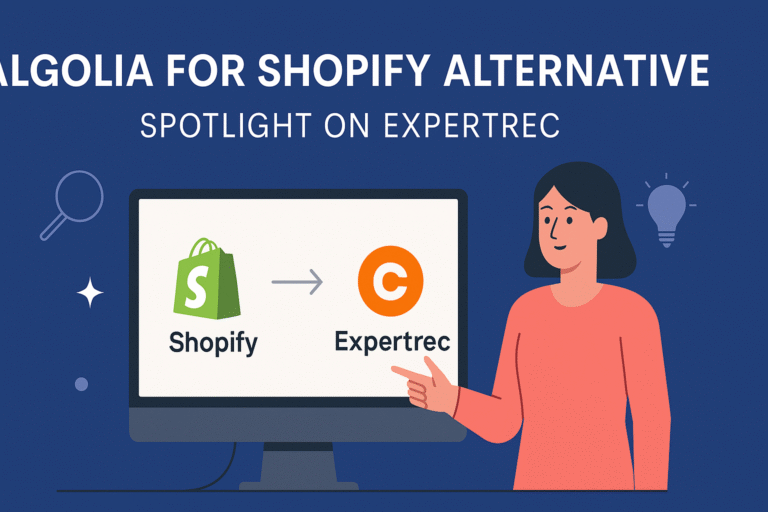Zero-result pages are one of the biggest conversion blockers in eCommerce. When users search for something and get no results, it creates frustration, increases bounce rates, and diminishes brand trust. But these pages don’t have to be dead ends. With the right optimization strategy, zero-result scenarios can become opportunities to guide users, surface alternatives, and gather valuable insights.
Zero-result optimization is the process of identifying, analyzing, and improving the search experience when a query returns no results. Instead of showing a blank page or a generic message, businesses can offer relevant recommendations, tweak synonym mapping, refine categorization, and better interpret user intent to reduce these occurrences.
Why Zero-Result Pages Hurt User Experience
Zero-result pages often signal one of three issues: missing inventory, mismatched terminology, or poor search configuration. If left unresolved, they contribute to:
- Higher exit rates: Users leave the site when they feel stuck.
- Lost sales: Unmet intent leads to zero conversions.
- Reduced customer confidence: A site that doesn’t understand customer queries seems untrustworthy.
Improving these areas ensures users stay engaged, find what they need, or at least are guided toward other relevant options.
Strategies to Optimize Zero-Result Queries
Show Relevant Alternatives
Instead of leaving users with nothing, offer similar products or popular categories. Use AI to surface items based on partial matches, user behavior, or related searches.
Improve Synonym and Typo Handling
Many zero-result searches happen due to minor spelling errors or variations in phrasing. Mapping synonyms and using typo tolerance can dramatically reduce the rate of failed searches.
Use Smart Messaging
Your zero-result message should not just say “no results found.” Instead, include helpful suggestions like:
- “Did you mean…?”
- “Try checking these categories.”
- “Explore trending products.”
Collect and Analyze Zero-Result Data
Track all failed queries. Group them by frequency, customer intent, or patterns. This data helps uncover gaps in inventory, flaws in taxonomy, or unmet demand trends.
Optimize Product Tags and Metadata
Often, products exist but can’t be found due to poor metadata. Enrich product descriptions, tags, and searchable attributes to improve discoverability.
Redirect When Appropriate
For frequent zero-result queries tied to known user intent (like brand names you don’t carry), consider redirecting to a related category or an informative page to keep users engaged.
Role of Zero-Result Insights in Business Strategy
Zero-result optimization isn’t just about fixing search. It provides a feedback loop for multiple business areas:
- Merchandising: Add products based on unmet demand.
- Content Strategy: Create landing pages for frequent failed terms.
- UX Improvements: Update menus, filters, or page structure in response to failed navigation attempts.
- Marketing: Use search gaps to inform campaigns or SEO targeting.
Zero-Result Optimization and Mobile Experience
On mobile, user patience is even shorter. A zero-result page without context or alternatives is more likely to lose the visitor instantly. Tailoring mobile-specific layouts that suggest alternatives, allow filter refinements, and highlight trending searches can significantly improve retention and reduce exits.
Why ExpertRec for Zero-Result Optimization
ExpertRec’s AI-powered site search engine includes built-in tools to reduce zero-result queries and recover lost opportunities. With synonym detection, typo correction, and dynamic recommendation systems, it minimizes user frustration and maximizes conversions. Merchants can track zero-result data directly from the dashboard, define redirect rules, and implement fallback search suggestions—all without writing a single line of code. Whether you’re looking to eliminate dead ends or turn them into growth opportunities, ExpertRec provides the intelligence, flexibility, and control to make your search experience seamless.
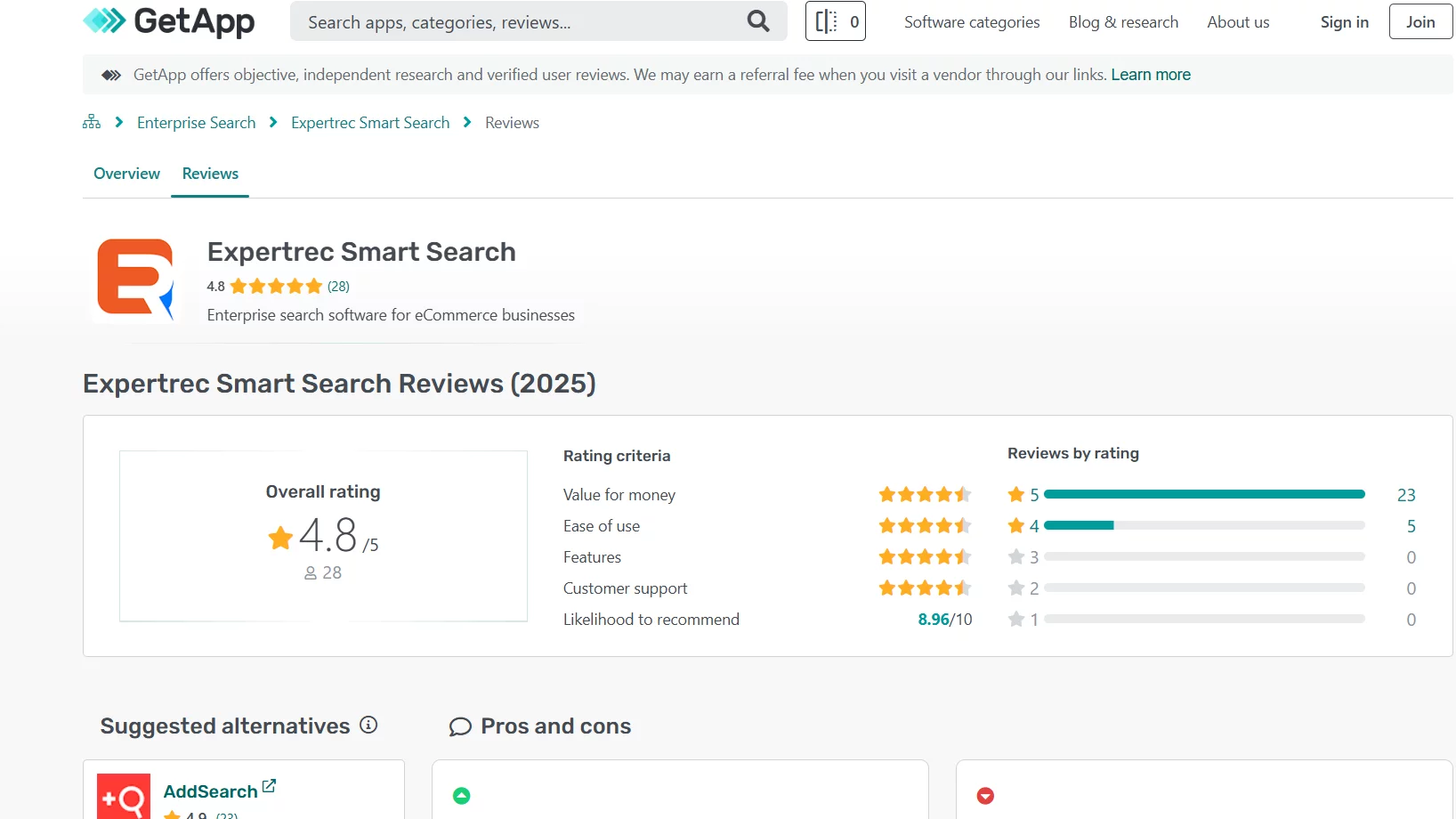
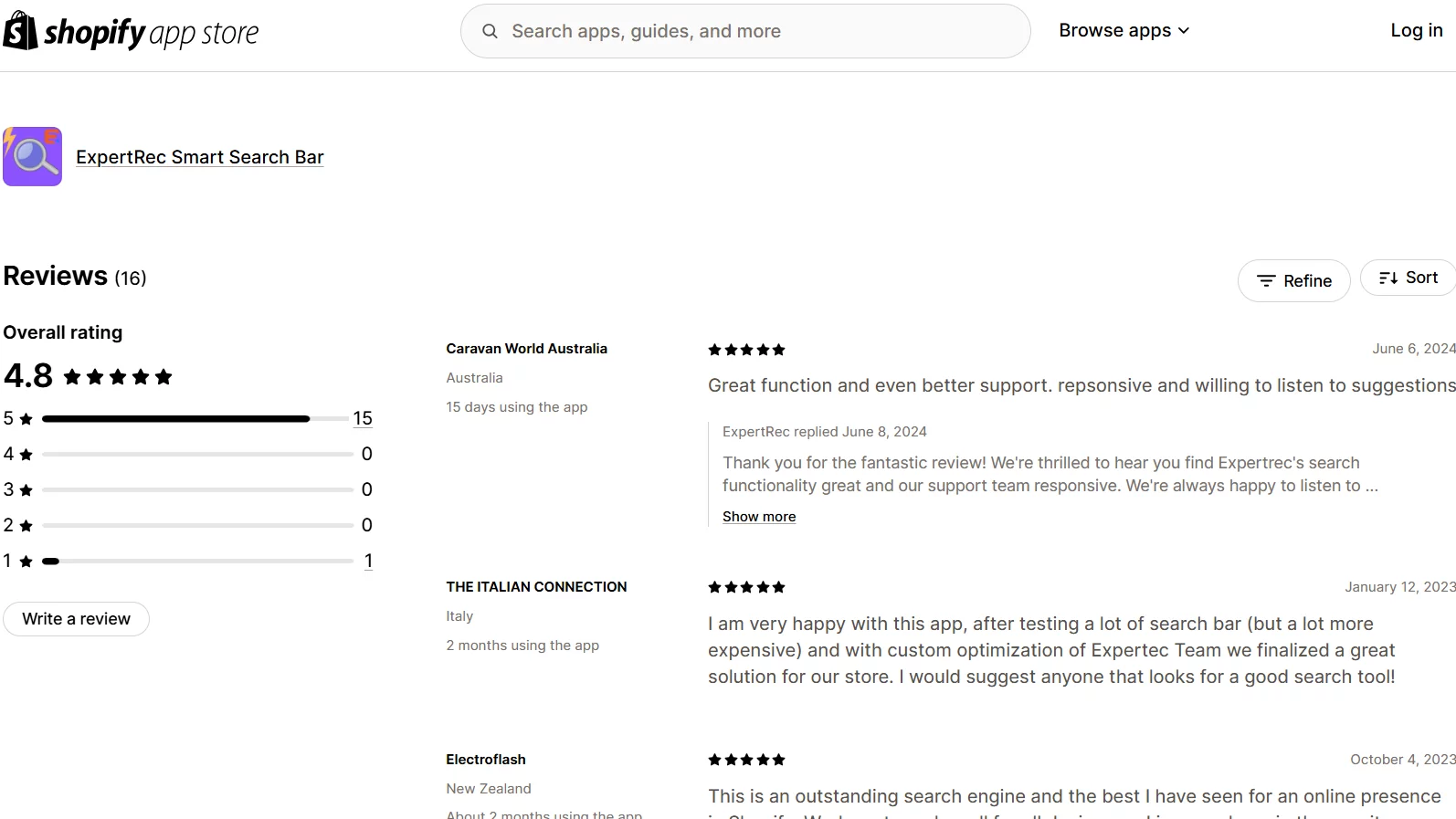
Conclusion
Zero-result optimization is an essential part of a smart eCommerce search strategy. It turns search failures into insights and opportunities to engage users, fix discoverability issues, and boost conversions. With ExpertRec, you gain access to advanced AI-driven tools that minimize dead ends and create a seamless search experience tailored to customer behavior. If you’re serious about reducing bounce rates and turning every query into a potential sale, zero-result optimization is not optional—it’s strategic.
Frequently Asked Questions (FAQs)
These occur when a user’s search term doesn’t match any indexed product or content due to spelling, terminology, or inventory gaps.
How do I know if zero-result queries are a problem on my site?
Track search analytics. High bounce rates or frequent failed queries are indicators of a problem.
Do zero-result pages impact SEO?
Indirectly. Poor user experience can lead to high bounce rates, which may negatively impact SEO signals.
Can I customize my zero-result page?
Yes. You should always tailor this page with messaging, links, and product suggestions to keep users engaged.
Should I redirect zero-result queries?
Only when there’s a logical and helpful alternative. Avoid random or misleading redirects.
How often should I audit zero-result queries?
At least monthly. Regular audits help keep your search engine aligned with customer expectations and trends.
Does ExpertRec automatically fix zero-result queries?
ExpertRec uses AI to reduce the chances of zero-result queries and offers tools for manual tuning, synonym mapping, and fallback search paths.
Can I integrate this with my existing eCommerce platform?
Yes. ExpertRec supports seamless integration across most major eCommerce platforms with minimal setup.
